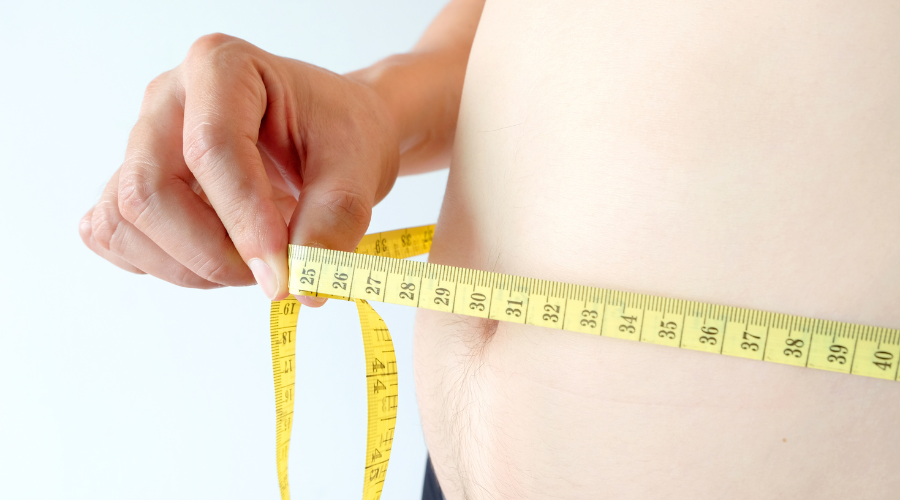
- Need To Know
- Bariatric Surgery
- Medications
- Paying For Surgery
- Aftercare
- Resources
Surgeons, practitioners, and hospitals wishing to be included in the Bariatric Surgery Corner directory can do so by submitting their listing to us.
Get StartedCreators, specialists, and bariatric post-op patients who want to contribute to our growing bariatric community can do so by submitting an application.
Get Started